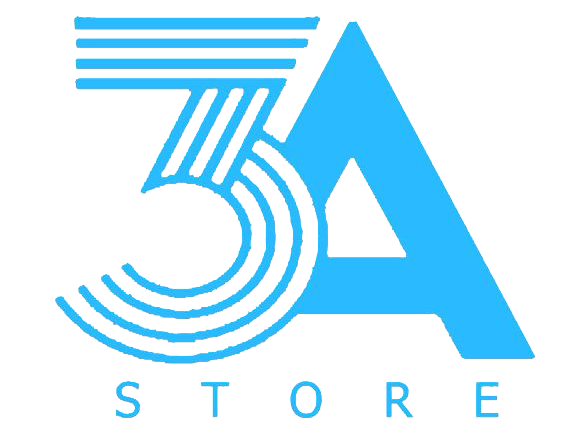A successful board meeting requires a deliberate and structured decision-making process that considers the perspectives of all stakeholders. This involves conducting thorough research, seeking out experts in the field, creating an environment where differing opinions are respected and engaging in healthy and productive discussion.
Start Time:
Starting your board meetings on time and completing the meeting on time proves efficiency, avoids fatigue, and creates a calm and energized atmosphere. It helps to establish expectations and guide attendees to future meetings.
Manage the Agenda
Make sure that your board meetings are productive by planning out an agenda that has a clear format. This allows you to cover all the important topics without having to spend time on administrative items and reports that are not crucial to the decision-making process. Begin the meeting with the most important discussions and finish promptly.
Develop a plan for each Topic
Make sure that your board members are aware of the purpose for each discussion the topic, whether that’s to gather information, draw a conclusion or to do something else. In this way, your participants can effectively steer the conversation toward its intended result, avoiding irrelevant or repetitive topics.
Include an executive session at every board meeting. It is a short (15 minutes or less) portion of the meeting that is reserved to Board members only and not for members of the management team.
It is a good time to discuss any roadblocks, major milestones, and company performance. This is the perfect time to develop and brainstorm strategies to ensure the success of the organization.
www.boardroomhub.info/tips-for-running-a-smooth-and-effective-board-meeting/





